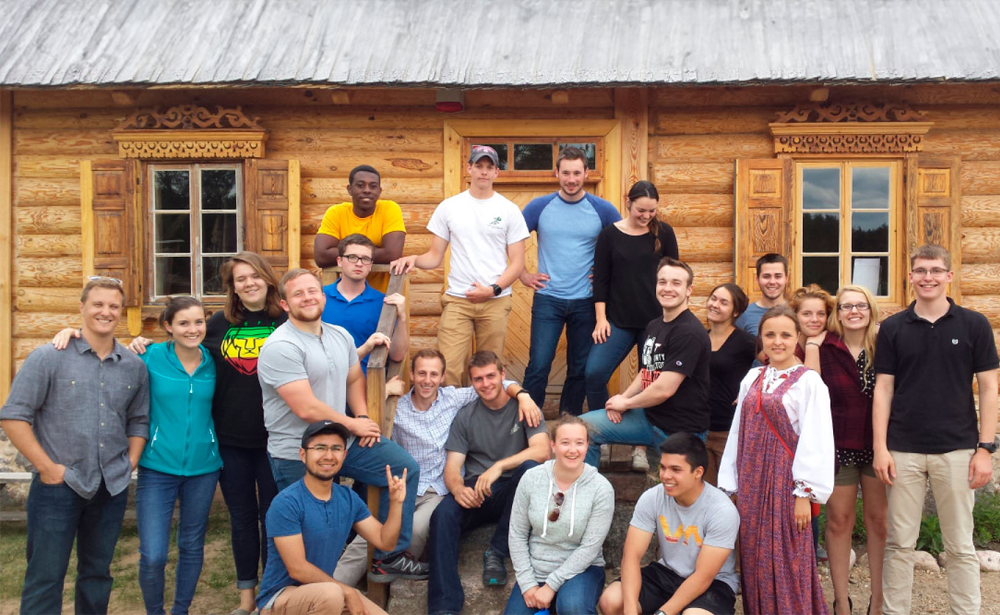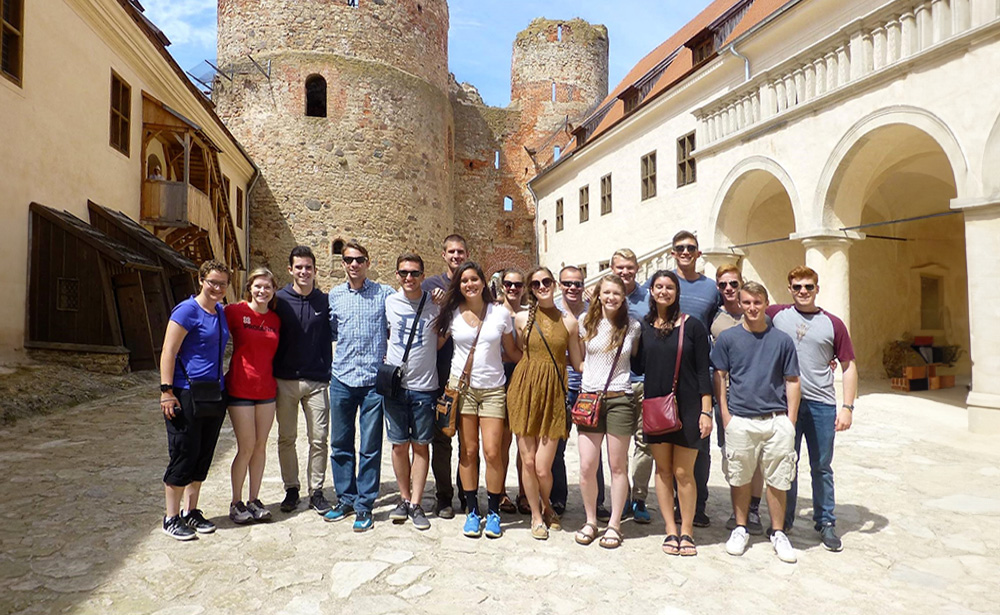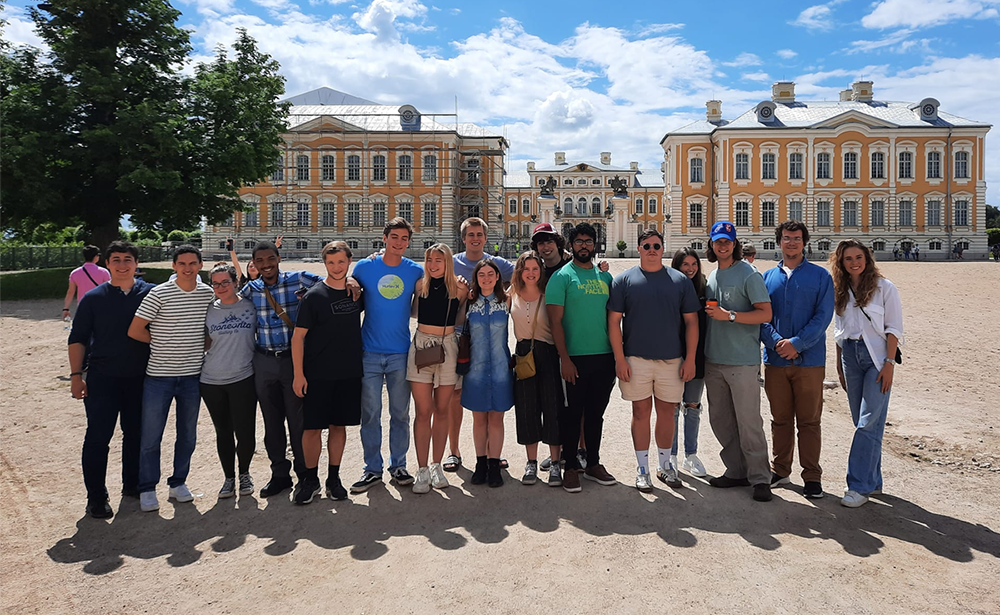Члены семьи на русском языке
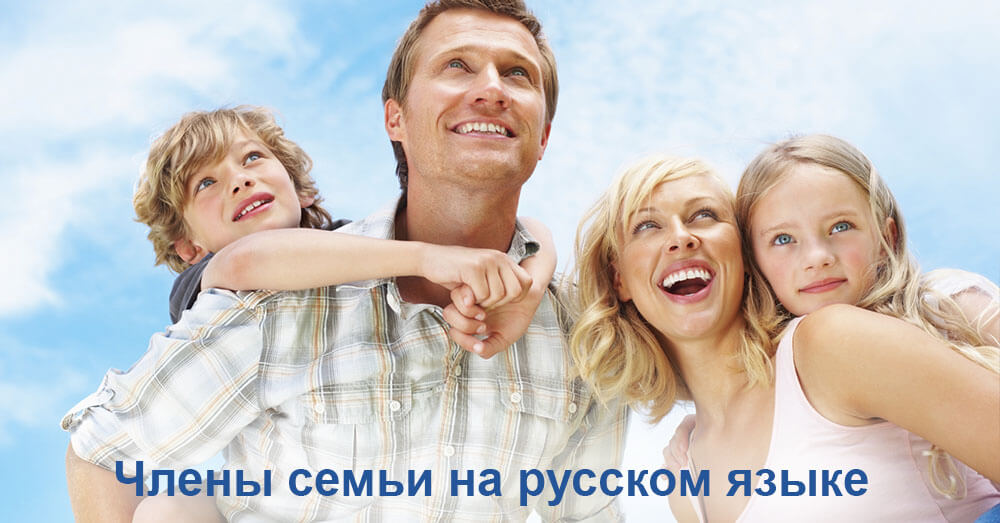
Тема семьи в России является очень популярной для разговоров. Поэтому в этой статье мы с вами поговорим о том, как называются члены семьи на русском языке а также рассмотрим базовые фразы, чтобы оказавшись в русской среде, вам было что рассказать и ответить своему собеседнику.
Члены семьи
Для обозначения членов семьи русские обычно используют такие слова:
Мать [mat’y] mother
Отец [ot’-yets] father
Мама [ma-ma] mum
Папа [pa-pa] dad
Сестра [ses-tra] sister
Брат [brat] brother
Дочь [doch] daughter
Сын [syin] son
Бабушка [ba-bush-ka] grandmother
Дедушка [de-dush-ka] grandfather
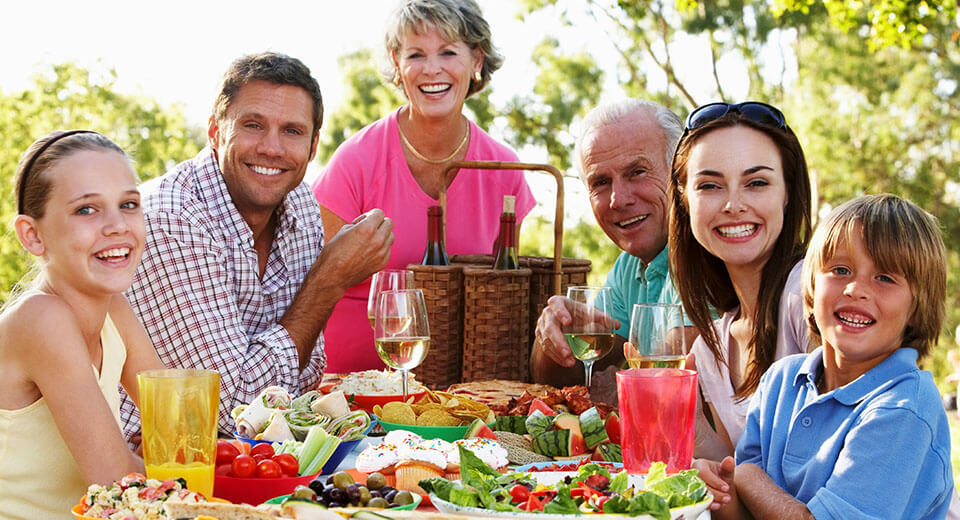
Жена [zhe-na] wife
Муж [muzh] husband
Тётя [tyo-tya] auntie
Дядя [dya-dya] uncle
Родители [rod-ye-te-lyi] parents
Дети [dye-tyi] children
Внучка [vnuc’h-ka] granddaughter
Внук [vnuk] grandson
Семья [syem-ya] family
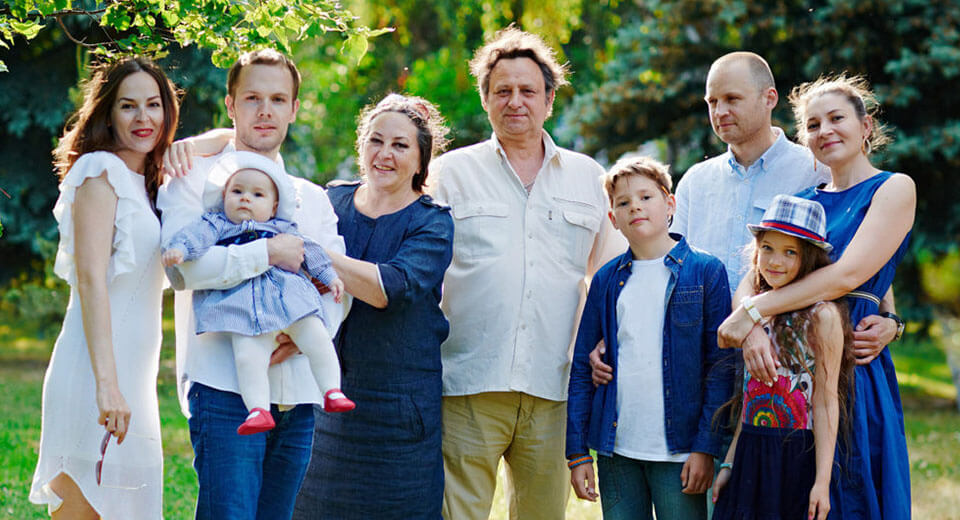
Разница слов: мать и мама, отец и папа
Как в русском, так и в английском языке используются два варианта слова “мама” и “папа”. Чаще всего слова “мама” и “папа” мы используем в повседневной жизни, так как звучат они мягче, чем “мать” и “отец”.
Слова “мать” и “отец” в основном используются при заполнении документов и анкет, когда требуется указать своих родителей.

Базовые фразы
Очень часто вам могут задать вопрос о том, сколько у вас братьев и сестёр, а также есть ли у вас дети. Поэтому вы можете ответить так:
У меня есть сестра [U men’-ya yest’ ses-tra] I have a sister.
У меня есть брат [U men’-ya yest’ brat] I have a brother.
У тебя есть дети? [U teb-ya yesty det’-yi?] Do you have children?
У меня есть сын и дочь [U men-ya yest’ syin i doch ] I have a son and a daughter.
У меня нет детей [U men-ya nyet detey] I don’t have any children.
Итак, мы выучили основные слова и фразы для разговора о вашей семье. Мы уверены, что эта статья вам обязательно пригодиться в дальнейшем!
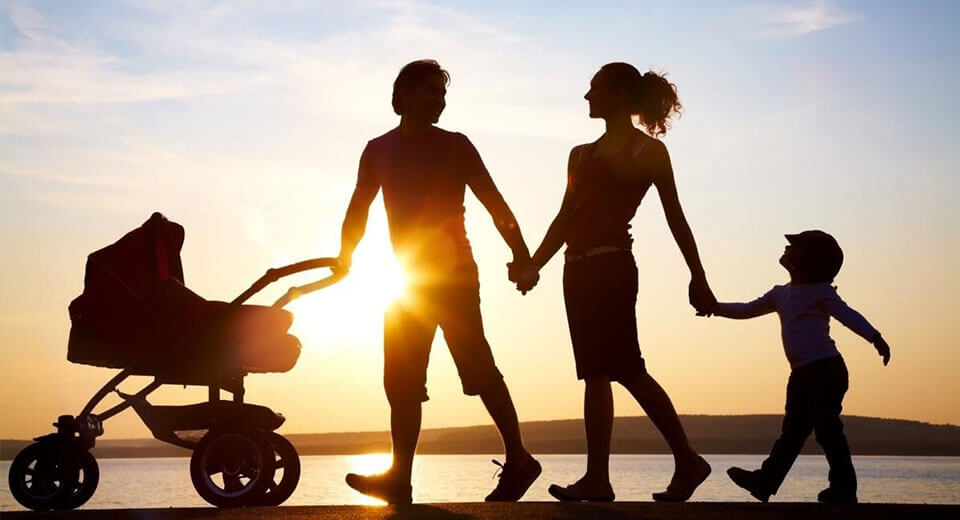
You may be interested
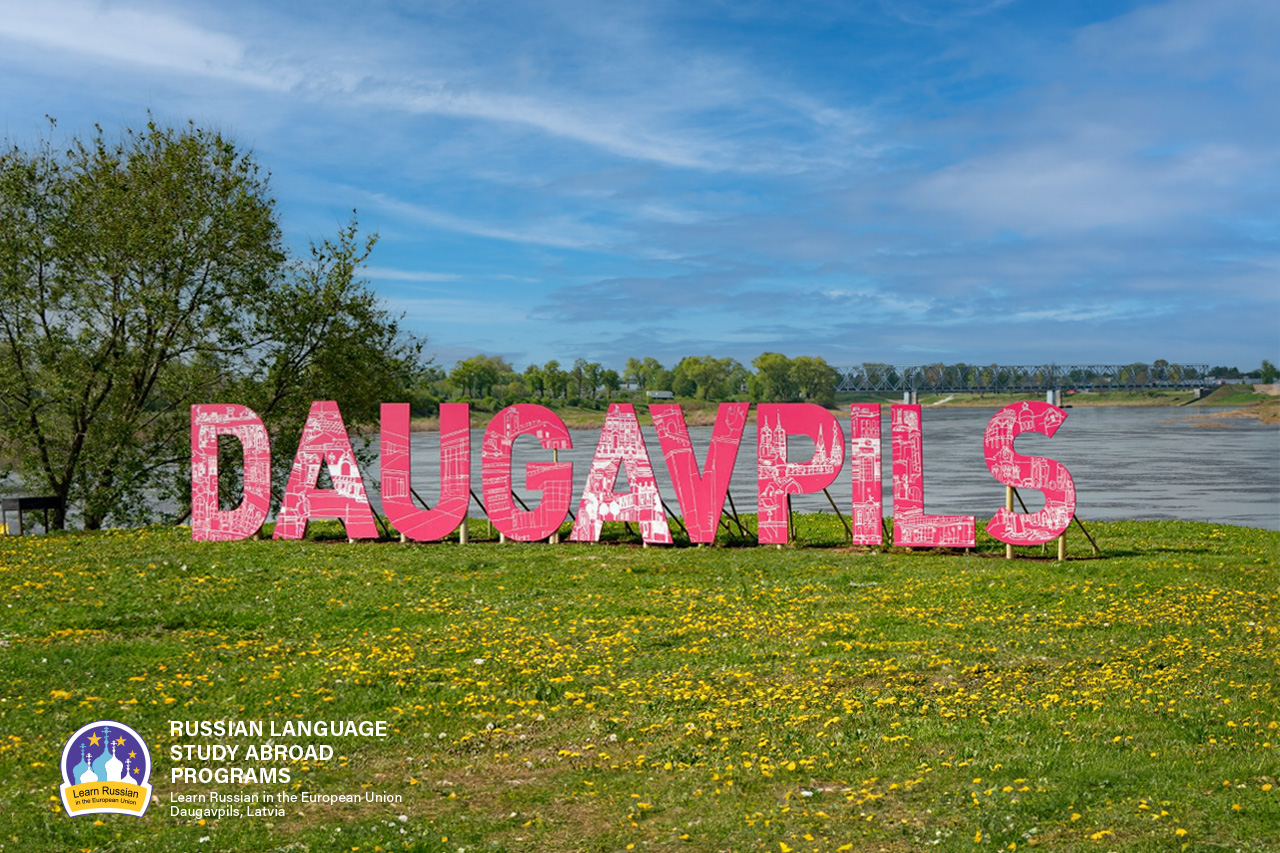
Why do people speak Russian in Daugavpils?
As it seems to us, Daugavpils is the best place to learn Russian now, because our city is situated in the EU and NATO, but at the same time 90% of the city’s population speak Russian at home.
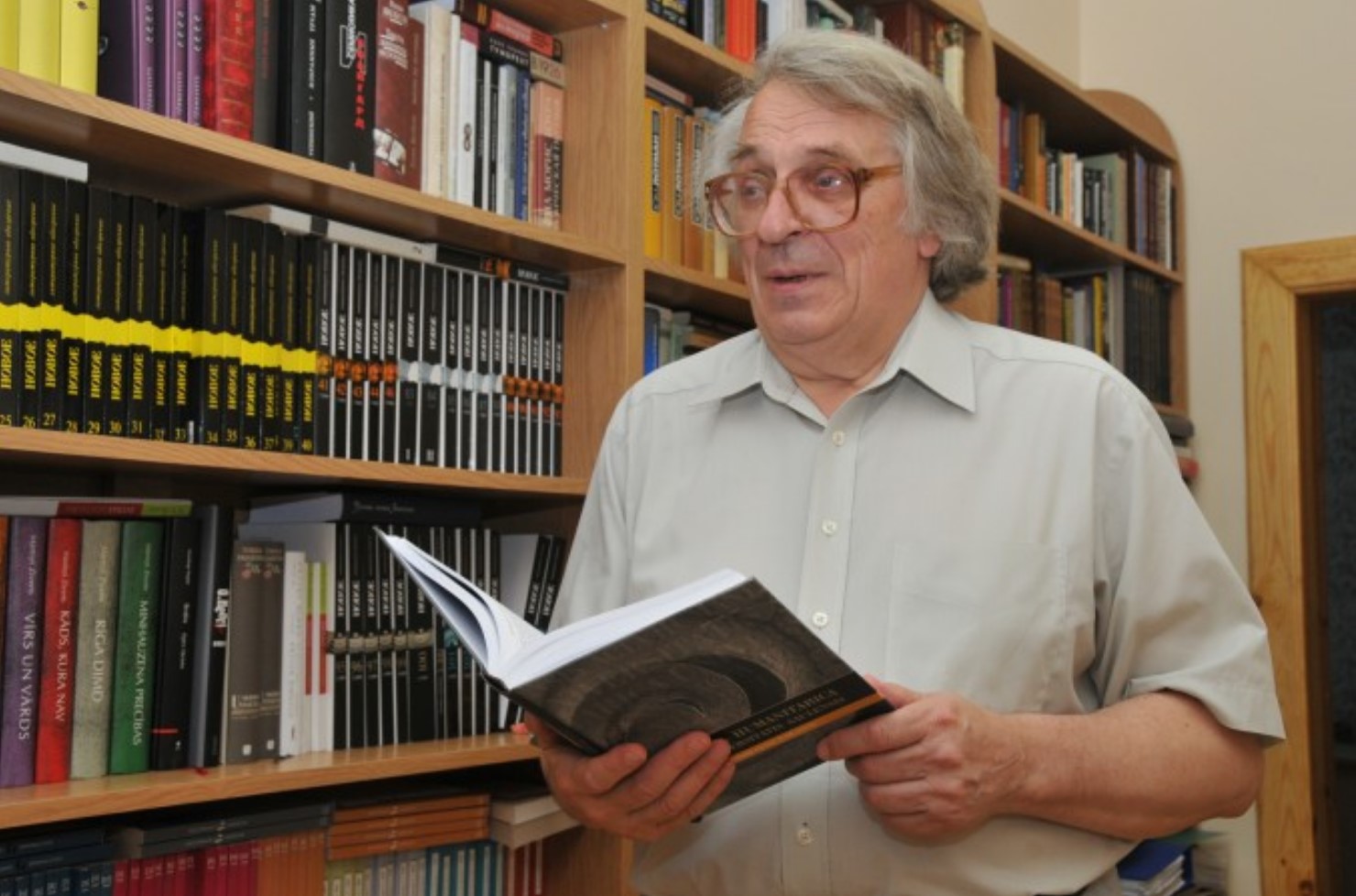
ЭТЮД О ДВИНСКЕ
Etude on Dvinsk by F.Fedorov
The Baltic region is one of the most catastrophe prone regions of the 2nd millennium, especially its second part; it is the centre of attraction of ‘geopolitical’ interests of the European world. Probably the most tragic fate has befallen to the eastern part of the present Latvia and its multi-titled town of Dinaburg – Dvinsk – Daugavpils. During its 730 years long history, the town went through five rather autonomous periods of development, five different lives (German, Polish, Russian, Latvian, Soviet), and at the beginning of the 1990s it entered into the 6th period.
The history of Dinaburg – Dvinsk – Daugavpils is the history of five attempts by the town to begin its life anew; and this is determined not only by the fact that the town was four times burned down and had to start life from scratch, but first and foremost because each of these periods was characterized by a total change of ethnos and the socio-cultural field.
The present article deals with the cultural space of the town in one of the most efficient periods of its development – from the 1860s till World War I.






